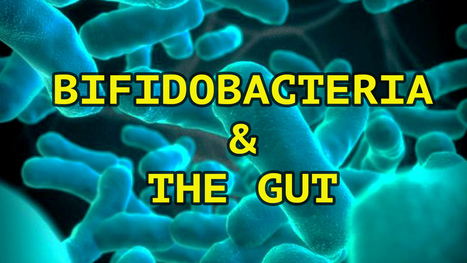The body’s microbiome is home to numerous bacterial species that help contribute to their unique health-promoting properties. These bacterial species help the body by making sure that each organ and body system is working like a clock. When the body contains harmful pathogenic bacteria, it can cause the body to dysfunction, and chronic illnesses will start to form and even harm the body.
Research studies have found out that the number of bacteria species that are in the human gut microbiota could probably exceed 104. This means that there are at least ten times more bacterial cells in the human gut than the number of human cells. There are even over 100 times the amount of the genomic microbiome as the human genome. Surprisingly though, there are even more studies that have found that there is an equal ratio of humans to bacteria cells.
Regardless of the number, the gut microbiome still has the most abundant microorganisms in the body. When the gut and the body are well balanced, there are a variety of microbes that can give the body both fortified and strengthen that can support the immune system, fight off the inflammation that has entered the body. The microbes can provide the gut a barrier against pathogens, and help metabolize as well as producing critical nutrients for the body to function. With the numerous amounts of bacteria species in both the gut and the body, there is one of the bacterial species in the body that is highly important for a healthy body. It is known as Bifidobacteria, and these bacterial species play a massive role in the body’s microbiome.



 Your new post is loading...
Your new post is loading...








Bifidobacteria is a large genus of bacteria that is responsible for maintaining a healthy body and gut system. When the body is dealing with inflammation or having stomach issues, then the bifidobacterial genus will be affected as well. This bacteria is in the human body from infancy to adulthood, and it will decrease naturally through aging. Some products are specialized to help the gastrointestinal system and the gut system by offering hypoallergenic nutrients, enzymatic cofactors, metabolic precursors, and phytonutrients that the body needs. For more information, please feel free to ask Dr. Alex Jimenez or contact us at (915) 850-0900.